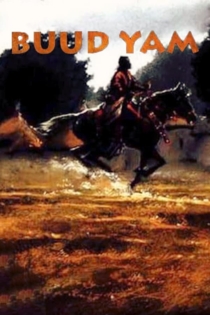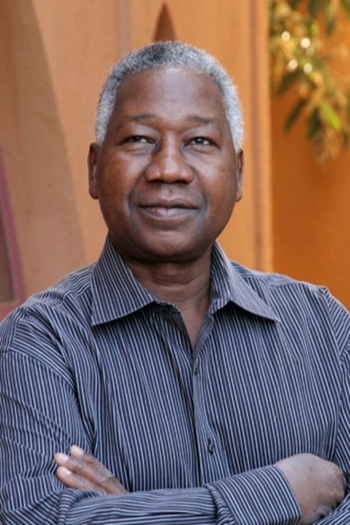
Gaston Kaboré
2021The Story of Film: An Odyssey
Mark Cousins
Mark Cousins, Jean-Michel Frodon
Эпическое путешествие по мировыми столицам от Болливуда до Голливуда, это «золотой век» 20-х годов и появление звука. Это истории секса и мелодрамы в 50-е и великие кинозвезды 50-х и 60-х, масштаба Федерико Феллини. Это американский кинематограф 60-х и 70-х, когда режиссеры пытались изменить мир, появление картин «Звездные войны», «Челюсти» и «Изгоняющий дьявола». Это 80-е, время протеста в кино, новый «золотой век» 90-х и появление новых звезд на небосклоне в наше время.
The Story of Film: An Odyssey

Zan Boko
Gaston Kaboré
Joseph Nikiema, Gady Pafadnam
In the Mossi culture, one of the rites attending the birth of a child and its induction as a new member of the community involves the burial of the placenta. The space in which the placenta is buried is called 'Zan Boko' - a phrase which connotes the religious, cultural and affective relations that bind the child to the land and that embraces the notions of 'rootedness' and 'belonging'. Kaboré tells the story of Tinga, who resists the encroaching urbanization of his native territory. The specific rhythms and vision of the rural community, including its values, social relationship, and individual & collective destinies, are altered when a city is planted on the edge of an ancient native village.
Zan Boko
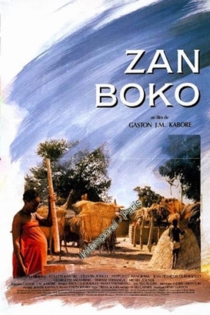
Lumière et Compagnie
Gabriel Axel, Spike Lee
Jeffe Alperi, Romane Bohringer
40 international directors were asked to make a short film using the original Cinematographe invented by the Lumière Brothers, working under conditions similar to those of 1895. There were three rules: (1) The film could be no longer than 52 seconds, (2) no synchronized sound was permitted, and (3) no more than three takes.
Lumière and Company
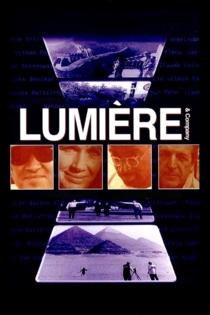
Wênd Kûuni
Gaston Kaboré
Serge Yanogo, Rosine Yanogo
In pre-colonial times a peddler crossing the savanna discovers a child lying unconscious in the bush. When the boy comes to, he is mute and cannot explain who he is. The peddler leaves him with a family in the nearest village. After a search for his parents, the family adopts him, giving him the name Wend Kuuni (God's Gift) and a loving sister with whom he bonds. Wend Kuuni regains his speech only after witnessing a tragic event that prompts him to reveal his own painful history.
God's Gift
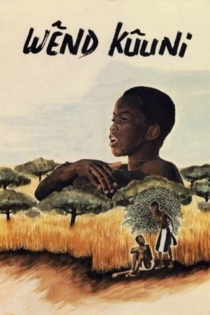
Rabi
Gaston Kaboré
Joseph Nikiema, Joséphine Kaboré
A blacksmith falls off his bicycle when he tries to avoid a tortoise which crosses his path. He brings the animal home to his twelve year old son, Rabi, who becomes so fascinated that he forgets his chores at this father's shop. When the angry smith removes the tortoise, Rabi's grandfather, Pusga, helps Rabi find a larger one to consol the boy. Rabi wants to tame the animal and this new obsession leads him to defy parental authority. Pusga gently opens the boy's eyes to the visible and invisible ways of nature. Rabi starts to understand liberty, responsibility and respect for life. In turn he awakens long buried sentiments in the grandfather.
Rabi
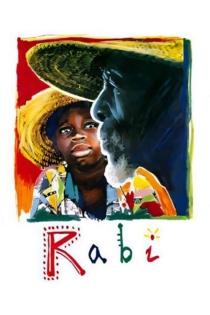
Buud Yam
Gaston Kaboré
Serge Yanogo, Amssatou Maïga
In an early 19th century African village, Wend Kuuni – a young man, lives with his adopted family after his mother was killed as a witch. When Pughneere – his adopted sister – becomes ill, the villagers suspect Wend Kuuni. In order to save Pughneere's life (and his own) he must set out on a journey to find a healer. His quest brings him in contact with people around him and is a journey of self-discovery.
Buud Yam
